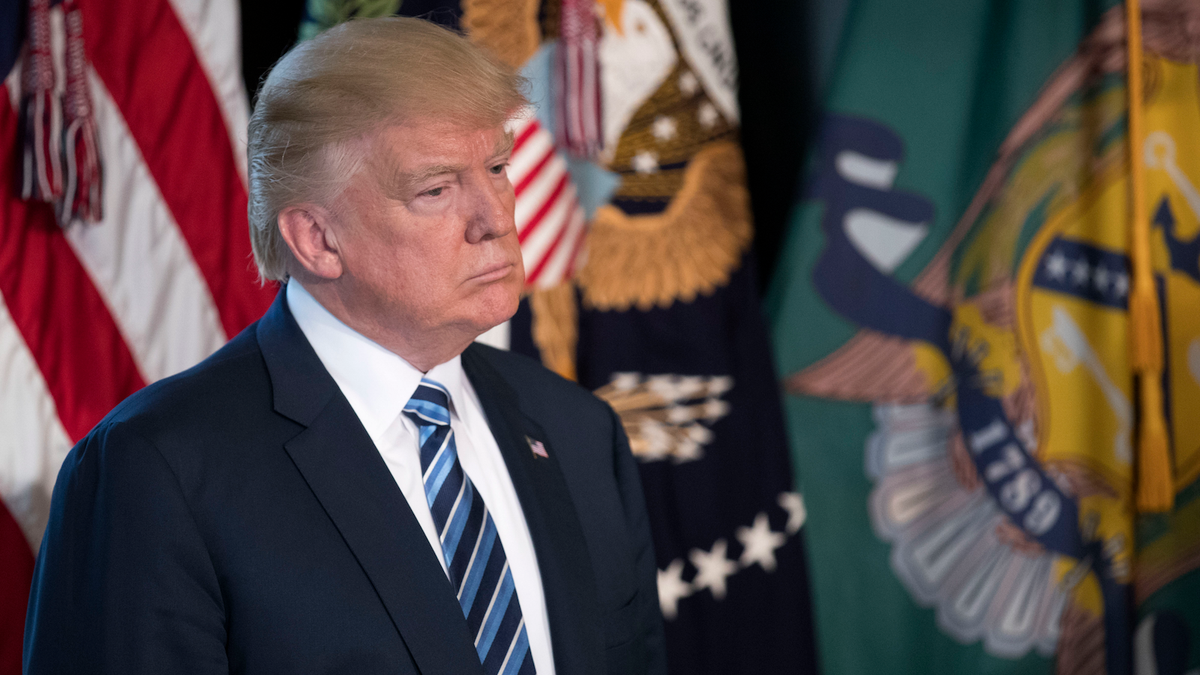

Yet if the balance of power remains as it is now, Trump could have enough support in Congress to quickly enact some of his less contentious ideas in a brief honeymoon phase. Despite him being shunned by lawmakers until now, the first two members of the House of Representatives came out to endorse Trump this week.ĭemocrats are hopeful that having Trump at the top of the ticket in November may increase their chances of seizing back control of the Senate. One example is the speed with which previous sceptics might swing behind Trump once they realise that his campaign represents an anti-establishment wave to match, or exceed, that of the Tea Party. “He doesn’t know what the heck he would do.”īut just as Republicans are having to think the unthinkable about their likely presidential nominee, politicians of all stripes may have to adjust to a radically altered notion of what counts as far-fetched if Trump wins. “The truth is that if Donald Trump became president nobody knows what the heck he would do,” claimed Cruz after heavy defeat in Nevada on Tuesday. “I would think that because of the fact that while I’m very political, I’m not a politician, I would want to choose a politician,” he told an interviewer this month in comments that could easily point to a rival such as Marco Rubio or Ted Cruz, who Trump repeatedly calls a “smart guy”.ĭonald Trump: I would choose a politician for vice-president Guardianįor his part Cruz, like many critics, suggests that much about a Trump administration remains inherently unknowable – despite his eye-popping campaign promises to ban Muslims, deport immigrants and erect a wall with Mexico. Though speculation initially focused on former Alaska governor and 2008 vice-presidential candidate Sarah Palin and has ranged as far and as wildly as Oprah Winfrey or former Republican contender Carly Fiorina, Trump himself has recently made clear he favours an experienced Washington politician to help him navigate the corridors of power. The assumption is usually that a political outsider would struggle in such circumstances, but another clue to Trump’s likely style of leadership has come amid talk of running mates for the position of vice-president in a Trump administration. Support from Senate Republicans, never mind Democrats, is far from guaranteed of course, and Trump is almost certain to spend much of the first few months in office trying to get his preferred nominee through bumpy confirmation hearings and a possible filibuster. Two names Trump has already floated to fill the vacancy on the bench – Bill Pryor Jr and Diane Sykes – are orthodox conservatives who are opposed to abortion and voter rights protection, and give a glimpse of what the overall court might look like if he is able to fill three further vacancies in the coming years. The contours of the road after inauguration on 20 January have also become clearer after the death of supreme court justice Antonin Scalia, whose replacement Republicans in Congress have vowed to block until then.
#Trumps hundred day plan series
But with a series of primary wins behind him and a favorable electoral map ahead, the possibility that this unpredictable populist could beat a Democratic nominee on 8 November and seize power should no longer be taken lightly.


 0 kommentar(er)
0 kommentar(er)
